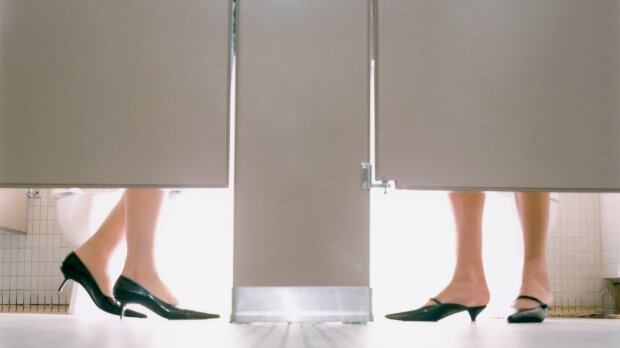Culture
Jason Todd/Getty
The Last Office Taboo for Women: Doing Your Business at Work
LEAN IN AND POOP
In the corner office and the boardroom, women are 'leaning in.' But there's one place where they're still wracked with anxiety and shame.

Trending Now





